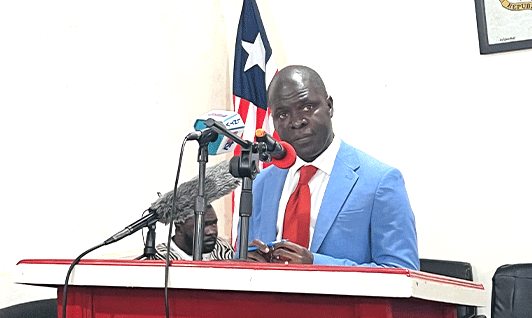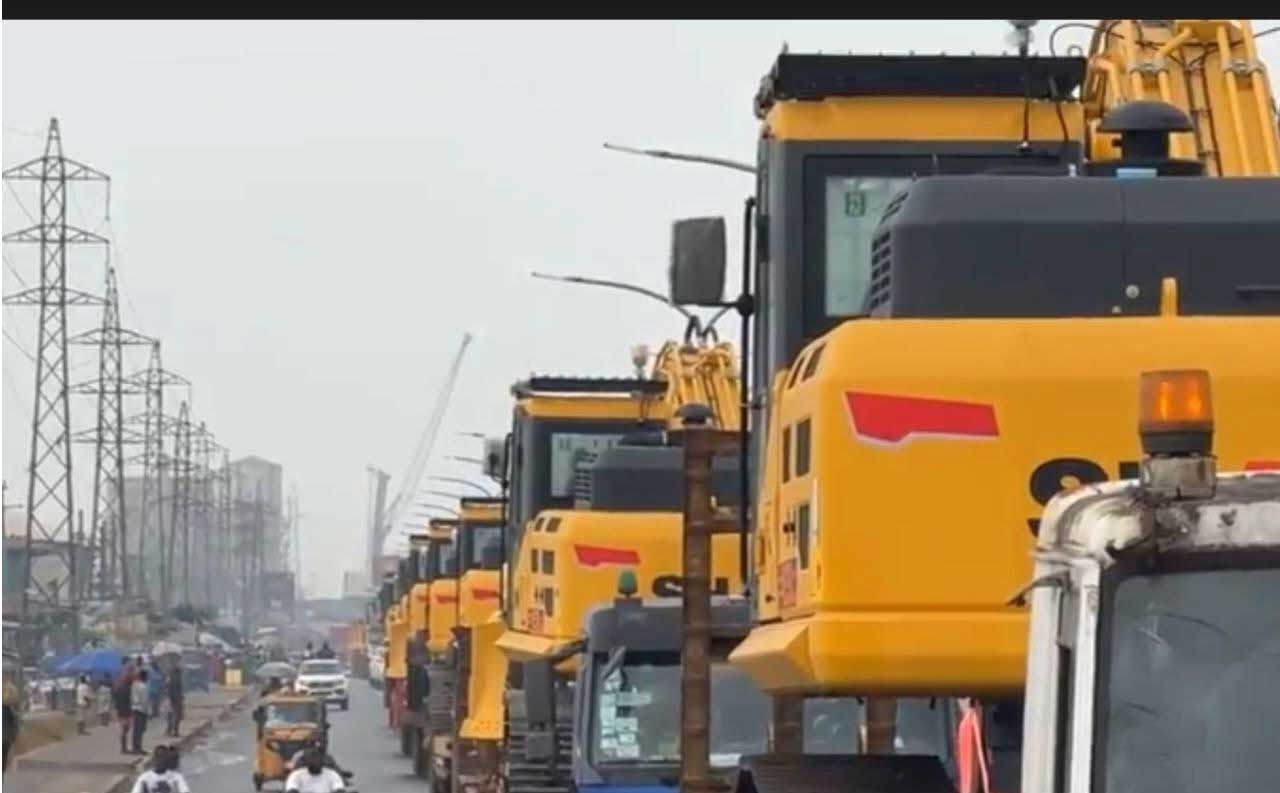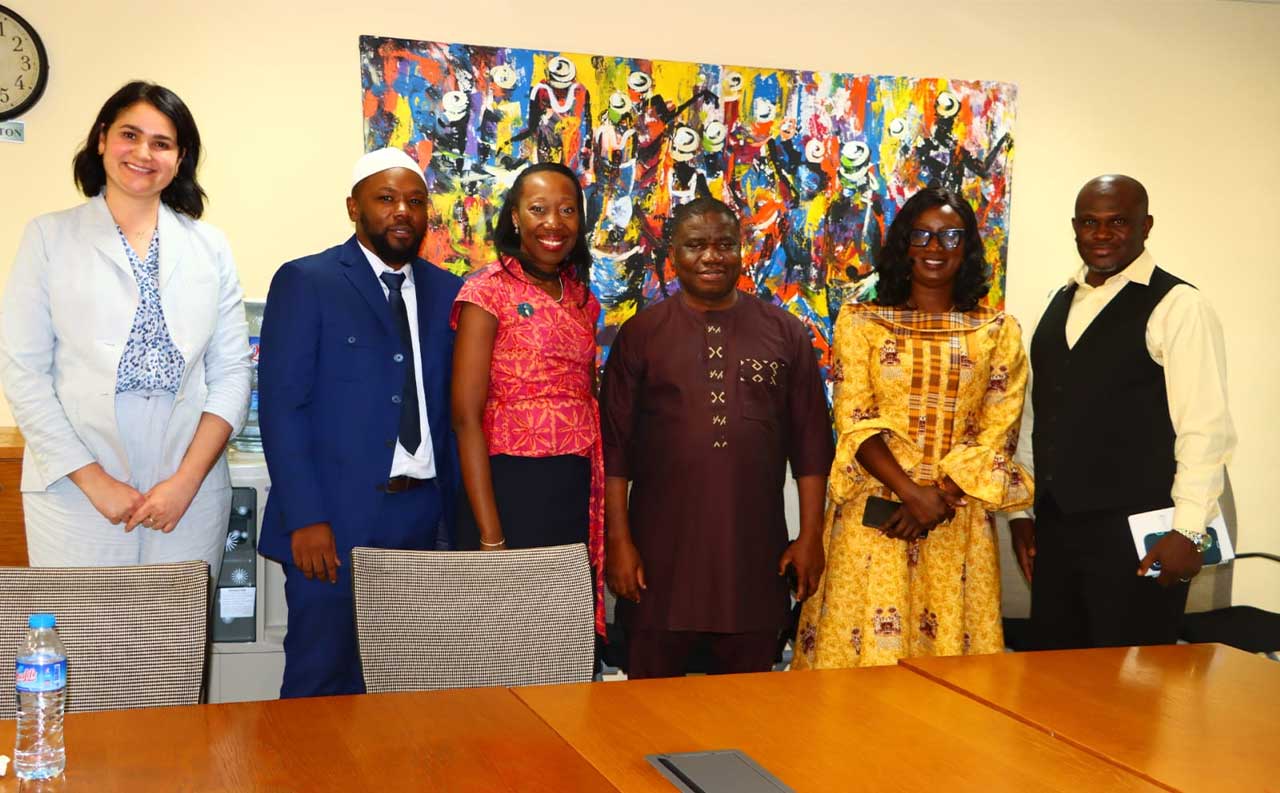The Environmental Protection Agency (EPA) of Liberia has shut down and fined the United Africa Minerals Cooperation US$30,000 for violating the environmental laws of Liberia. Speaking Tuesday, October 8,2024, EPA Executive Director Emmanuel K. Urey Yarkpawolo said the company was operating a Class B gold mine in Gbapolu County without an environmental permit.
He said the company’s operation has resulted into land degradation, massive biodiversity loss and huge sediment deposition leading to pollution of nearby water sources.
Yarkpawolo said residents of the area are reportedly finding it difficult to access water resources for domestic use, and the EPA is currently investigating allegations that the Class B Mining Company has used sodium cyanide reserved for use by Class A Mining Companies.
The US$30,000 fine is to be paid into the Government of Liberia Revenue Account at the Liberia Revenue Authority and an official flag receipt presented to the EPA within 72 hours.
The EPA Executive Director said in the coming days, a team of technicians from Monrovia will visit the company’s site in Gbarpolu to further probe into its use of sodium cyanide, a poisonous chemical for gold processing.
Meanwhile, as a designated wetland of international importance (RAMSAR Designated), the EPA says the Mesurado Wetland, located near Monrovia, is under increasing threat from human activities, particularly along the SKD Boulevard corridor, where settlement expansion is contributing to the rapid degradation of the mangrove ecosystem.
EPA Executive Director Yarlpawolo said in response to these growing concerns, a specialized team of GIS technicians and environmental inspectors were constituted on 11th September 2024 to evaluate the extent of this degradation and identify the primary drivers.
The two-day assessment sought to gather data on the current state of the mangroves, quantify the impacts of nearby developments, and provide evidence-based insights for future conservation efforts.
According to him, encroachment on the wetland, particularly along the SKD Boulevard, is a growing threat driven by rapid urbanization and settlement development, leading to the unauthorized clearing of mangrove forests for housing, commercial spaces, and infrastructure expansion, thus increasing vulnerability to coastal erosion, flooding, disrupting wildlife habitats, and threatening local livelihoods dependent on fisheries.
He said improper waste disposal and construction activities are degrading water quality and altering the wetland’s hydrology. If left unchecked, this encroachment will lead to irreversible ecological damages.
“This has resulted in biodiversity loss, reduction in fisheries productivity, increase vulnerability to flooding, reduction in carbon stocks and increase in poverty due to vulnerability caused by disasters related to mangrove degradation,” he said.
By Lucky M. McGee, Cub Reporter



